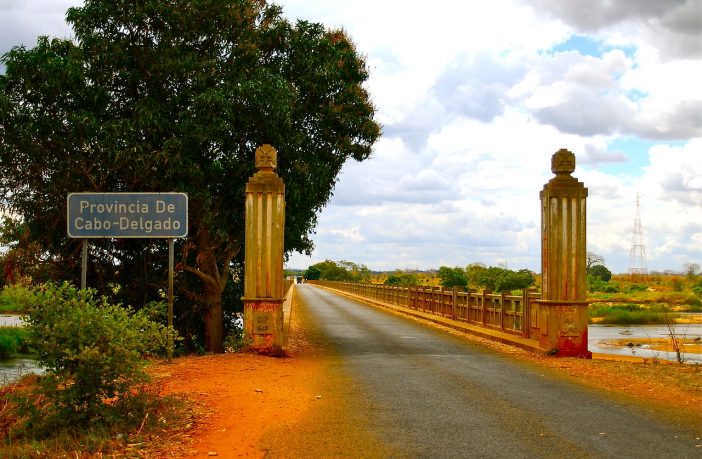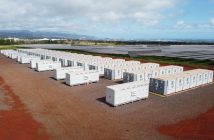Mozambican Interior Minister Amade Miquidade admitted yesterday that the geostrategic importance of hydrocarbons may be one of the factors in the armed conflict in the north of the country, pointing out that natural resources often attract international groups, including those of a criminal disposition.
“It is not to be neglected, [that there might be]some geostrategic interest in the economic importance that the province [of Cabo Delgado]presents for the southern hemisphere and on the global hydrocarbon chess-board,” Minister Miquidade said.
The minister was answering questions in parliament about the government’s strategy for combating the armed groups that have been carrying out attacks in the region for three years.
“The advent of hydrocarbons and, before that, of rare wealth in precious minerals, attracted people and international groups interested in their disordered exploitation,” the minister maintained.
Minister Miquidade stressed that illegal mining, poaching, weaknesses in border protection and the criminal opportunism of some Mozambicans, together with the ascendancy of certain multinational offensives and strategies, had facilitated the expansion of terrorism into Mozambique.
“Terrorism has a relationship with resources, and resources with terrorism; this is the evil that we are dealing with,” he emphasized.
Amade Miquidade pointed out that the armed conflict in northern Mozambique was fuelled and motivated by deep criminal dimensions, with international connections.
According to the minister, armed violence in Cabo Delgado may bear the hand of the so-called ‘Islamic State of the Province of Central Africa’, “which recently carried out simultaneous attacks in Mozambique, Tanzania and DR Congo”.
“Terrorism is a growing and organised threat with the capacity to explore porous borders,” Miquidade said.
The Interior Minister admitted yesterday in parliament that the country has little experience in fighting “terrorism”, defending its request for assistance from the international community and the right of multinationals operating in the country to engage private security contractors.
“The fight against terrorism requires an expertise we don’t have,” Miquidade admitted.
States with better-equipped defence and security forces are plagued by terrorist attacks over periods of many years, too, the minister added.
“With the worsening security situation [in the north of the country], we have been sensitising our partners to the need for support,” he said.
On the use of mercenaries and private security companies by the government and oil multinationals, the Minister of the Interior pointed out that international companies require a type of protection that only private security companies can adequately provide.
“The new economic players have specific security dynamics, and the continuity of these investments requires specialization in means that we do not have,” the minister said.
Yesterday in parliament, Mozambican Prime Minister Carlos Agostinho do Rosário said that “terrorist actions are creating hundreds of thousands of internally displaced persons, the number of which currently stands at more than 435, 000”.
Carlos Agostinho do Rosário said that more than 10,000 people who fled the armed conflict in Cabo Delgado had arrived in the provincial capital, Pemba, in recent days.
The president of Pemba municipal council said yesterday that, after a new wave of around 10,000 arrivals, Pemba had no space to accommodate any more, and that some of the displaced should be moved elsewhere.
“Some of the displaced in the Paquitequete transitional centre have expressed interest in going to the neighbouring province of Nampula. Others will be sent to the districts of Montepuez, Ancuabe and Mecufi,” said Florete Simba Motarua, quoted by ‘Notícias’ yesterday.
Author: Bryan Groenendaal
Source: LUSA











